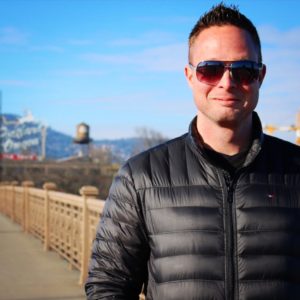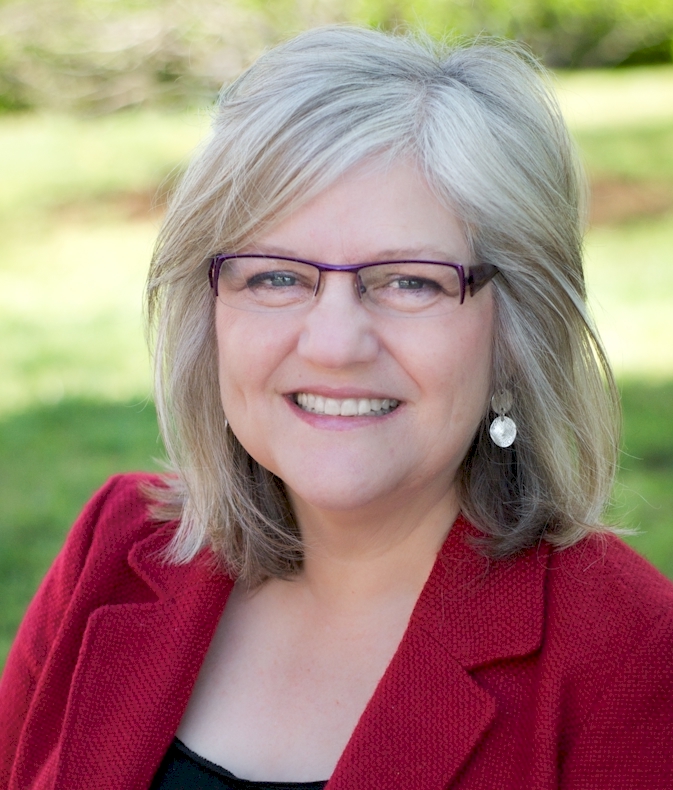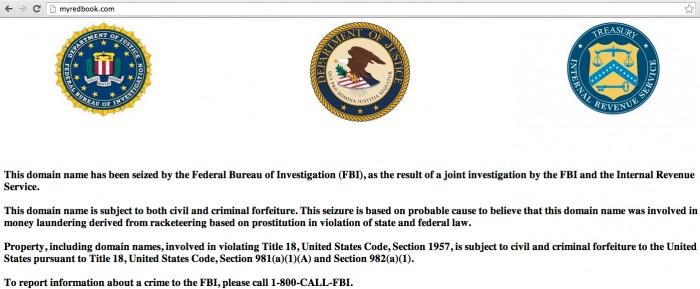Guest Blogger: Jo Lembo
My husband Nick and I go out regularly representing Shared Hope International’s message of prevention. When we are invited into area schools, we use the film Chosen, which tells the story of two girls, ages 13 and 18, who broke the stereotypical at-risk youth picture. They were from good homes, straight-A students, athlete, cheerleader, in youth group; and still they were tricked by traffickers.
This week when we introduced the film to 2000 students in two assemblies at Skyview High School in Vancouver, WA, I told about the five most common types of pimping: boyfriend relationship, violent guerilla, gang, survival sex where you trade your body for basic needs, and familial, where someone in your family is selling you. As we always do, we encourage students who know if this happening to a friend or if it’s happening to them, to go to a trusted adult, “and sometimes it can’t be someone in your family.” Because we had met with 100 of the staff the month prior, I knew the counselors and teachers were ready to field questions and knew what actions to take if a child came forward.
After the second assembly, a security officer approached me and asked if we would be willing to talk with a 16-year-old girl who was, at that moment, in the counselor’s office and very upset. He told us she had come in after the first film showing, crying and saying she was afraid that this was happening to her.
This is when you know what you are doing is important. Really important. And possibly the lifeline for a desperate kid who has the courage to reach out. So we took a deep breath and stepped into the counselor’s office with the girl I’ll call Amanda. She struck me as being strong, almost defiant. And she was. Having heard that her family members might be the ones to groom her, and that sometimes the safe person might not be in her home, she left the first assembly determined to get help elsewhere. She stopped a security officer and told him she needed to go to the counselor’s office. He escorted her through the door, where she began to cry and unfold her story. Then, at the close of the second assembly, he came to get me. Would we be willing to talk to her?
When Nick and I arrived in her office, the school counselor had already done what she is trained to do. She had called law enforcement and had made a mandatory report to CPS sharing the details from Amanda. And she had found out that no crime had been committed yet.
Was the step-dad creepy? Yes.
Had he come into her room while she was dressing? Yes.
Had he made lewd remarks about what she could do to his body? Yes.
Had he touched her? No.
Had he threatened her? No.
Had she talked to her mother about his 9 counts of prostitution? Yes. And her mother had told her there’s nothing wrong with paying money to go on a date. Her mother also told her that she had a dirty mind and needed to stop thinking about him that way.
Was that going to stop her from sharing these things now that she had heard that Lacy and Brianna could have gotten help had they known? No. She was now determined this was not going to happen to her.
What are you most afraid of? He said he’s moving us to Portland, to an apartment on 82nd Street. She doesn’t want to lose her support at Skyview.
With the counselor, the security guard, Amanda and us, the two presenters of the film Chosen, we talked about a plan for her to stay safe. As a part of a strong and broad network, I was able to give the counselor contact information for a wonderful victim advocate right there in her county who is willing to talk with Amanda and help her figure out what is happening and advise. We gave the counselor information about a strong program operating in Portland and the contact information of someone in the Portland school system for Amanda to reach out to if they move. Her counselor encouraged her to call 911 if anything happened to make her feel unsafe; that she had a right to call no matter what anyone would tell her. She remembered in the video Chosen the guy had told her bad things would happen to her family if Lacy asked for help, and she said she wasn’t going to let that happen. She would call.
Amanda seemed visibly stronger and more confident as we stood up to go. I handed her my card so she would have my information. I told her she is brave and strong and she is going to be okay.
And I believe she will be. Because now she knows.
For more information go to www.justfaithsummit.org
This blog post was originally part of our 2016 Faith Summit Speaker Blog Series.
 About 10 years ago someone told me it happens here, in Oregon, all the time. It rocked my world, especially now that I am a father of two daughters who I would give my life for. There are so many things I want for my daughters. I want them to know they are loved, by me and by God. I want the men in their life to treat them with the same respect and care that I do. I know there are many things I will not be able to shield them from in this life, but there are some that I would die trying.
About 10 years ago someone told me it happens here, in Oregon, all the time. It rocked my world, especially now that I am a father of two daughters who I would give my life for. There are so many things I want for my daughters. I want them to know they are loved, by me and by God. I want the men in their life to treat them with the same respect and care that I do. I know there are many things I will not be able to shield them from in this life, but there are some that I would die trying.







